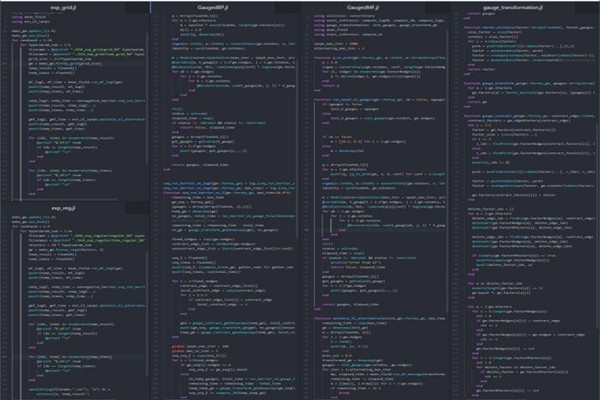KAIST (Korea Advanced Institute of Science & Technology, President Shin Sung-chul) developed core engine that can quickly implement ‘generation function’ of AI (Artificial Technology) by maximizing efficiency of calculation. If this engine is applied, it is possible to add more creativity to AI that is only able to make ‘decisions’.
KAIST made an announcement on the 19th that a research team led by Professor Shin Jin-woo of Electric and Electronic Engineering Department developed AI core engine that can reduce enormous amount of calculations from AI’s generation function.
Generation function is a developing AI that recently started to draw attention and it provides various solutions to a question. This diversity allows various ‘style’ of pictures to be drawn, writings to be written in special fonts, and many genres of music to be made.
However the problem lies on the fact that numerous calculation processes are needed in order to implement generation function and diversity. They require enormous amount of calculations and computing abilities than simply just deciding on an action or presenting an answer.
If simple Monte Carlo method (making decisions through simulations) that is often for AI is used, astronomical amount of calculations needs to take place.

Core engine developed by research team applied ’selection and concentration’ method and minimized amount of calculations that are needed. After reducing entire number of targets that need to be calculated through ‘variation method’, which reformulates areas that need to be calculated, its core engine then calculates limited areas through Monte Carlo method. With this core engine, it is possible to reduce necessary amount of calculations by ten-thousandth compared to current methods.
Research team explained that its core engine’s possibilities are endless and that its core engine can form various creative algorithms that keep pace with expanding roles of AIs to entire societies.
The world is also focused on its core engine. Research team’s related theses was selected three years in a row since 2015 by ‘NIPS’, which is the world’s highest machine learning society. In 2016, Park Sung-soo, who is the author of thesis and is going through a PhD program, received an honor to announce his thesis at NIPS conference which was the first by a South Korean researcher. This opportunity only goes to 1 to 2% of entire 2,500 theses that are submitted.
“Many researches on AI in South Korea are only focused on application and commercialization and they lack researches on core technologies and theories.” said Professor Shin. “In order to secure national competitive edge and to promote talented people in these battles for AI technologies that are quickly evolving, interests and investments in these areas are needed urgently.”
Staff Reporter Kim, Youngjoon | kyj85@etnews.com